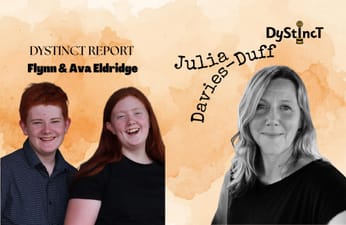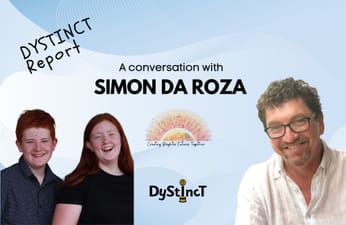Evidence Matters
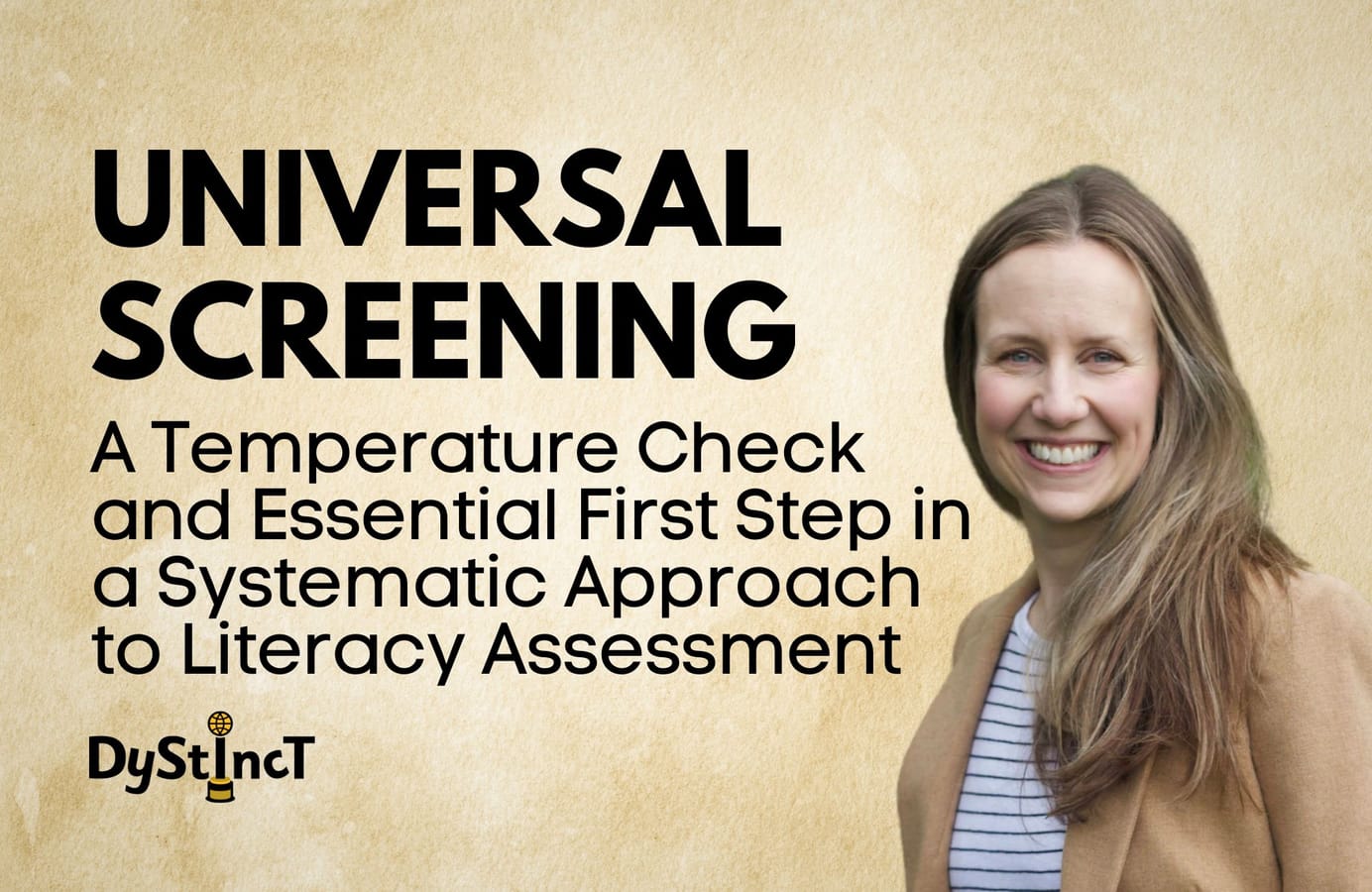
Issue 26: Universal Screening: A Temperature Check and Essential First Step in a Systematic Approach to Literacy Assessment | Dr Shelby Pollitt Paid Members Public
Dr Shelby Pollitt outlines how universal screening serves as a crucial first step in identifying students at risk for literacy difficulties, enabling early intervention and more equitable access to support, while stressing the importance of ongoing assessment to guide effective instruction.
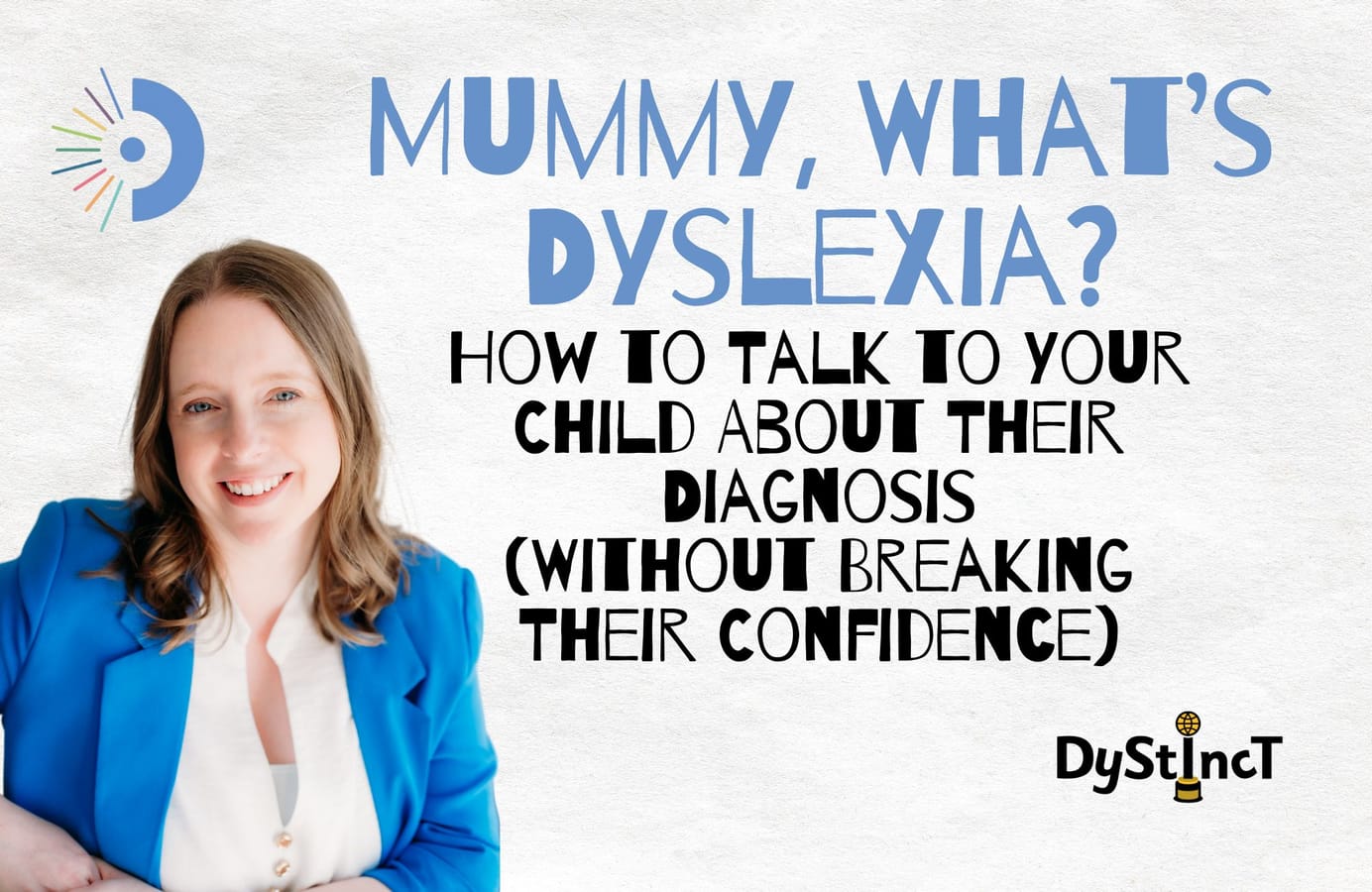
Issue 26: Mummy, What’s Dyslexia? How to Talk to Your Child About Their Diagnosis Without Breaking Their Confidence | Hannah Milton | Dyslexia LaunchPad Paid Members Public
Hannah Milton, experienced teacher and dyslexia advocate, gently guides parents through talking to their child about a new dyslexia diagnosis, showing how honest, supportive conversations can build understanding and self-confidence from the very start.
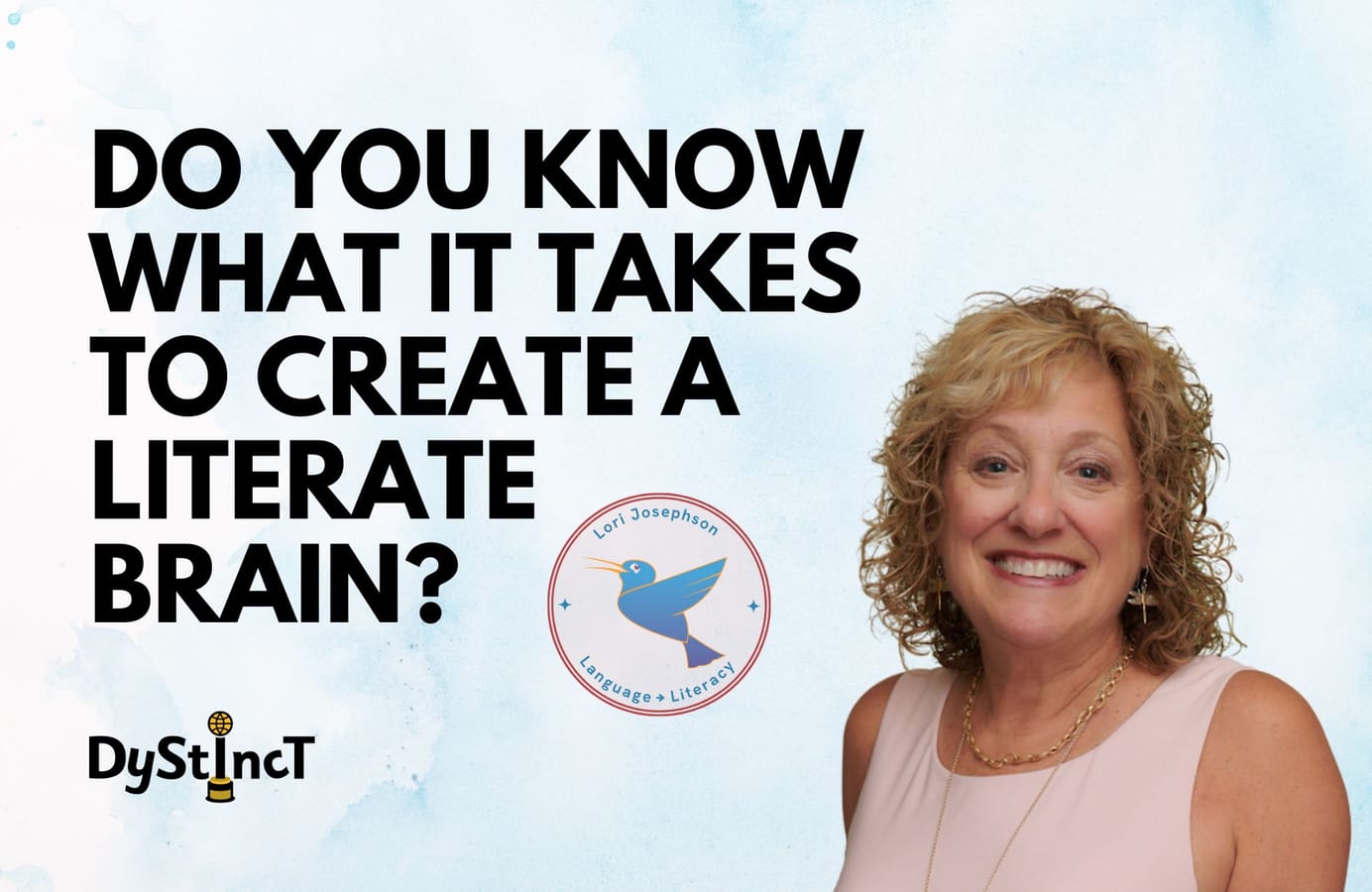
Issue 26: Do You Know What It Takes to Create a Literate Brain? | Lori Josephson | Calling All Neurons! Paid Members Public
Lori Josephson introduces her new book, Calling All Neurons!, which fills a critical gap by making the Science of Reading accessible to older students and adults through colourful neuron characters, engaging visuals, and practical insights that show creating a literate brain is a team effort.
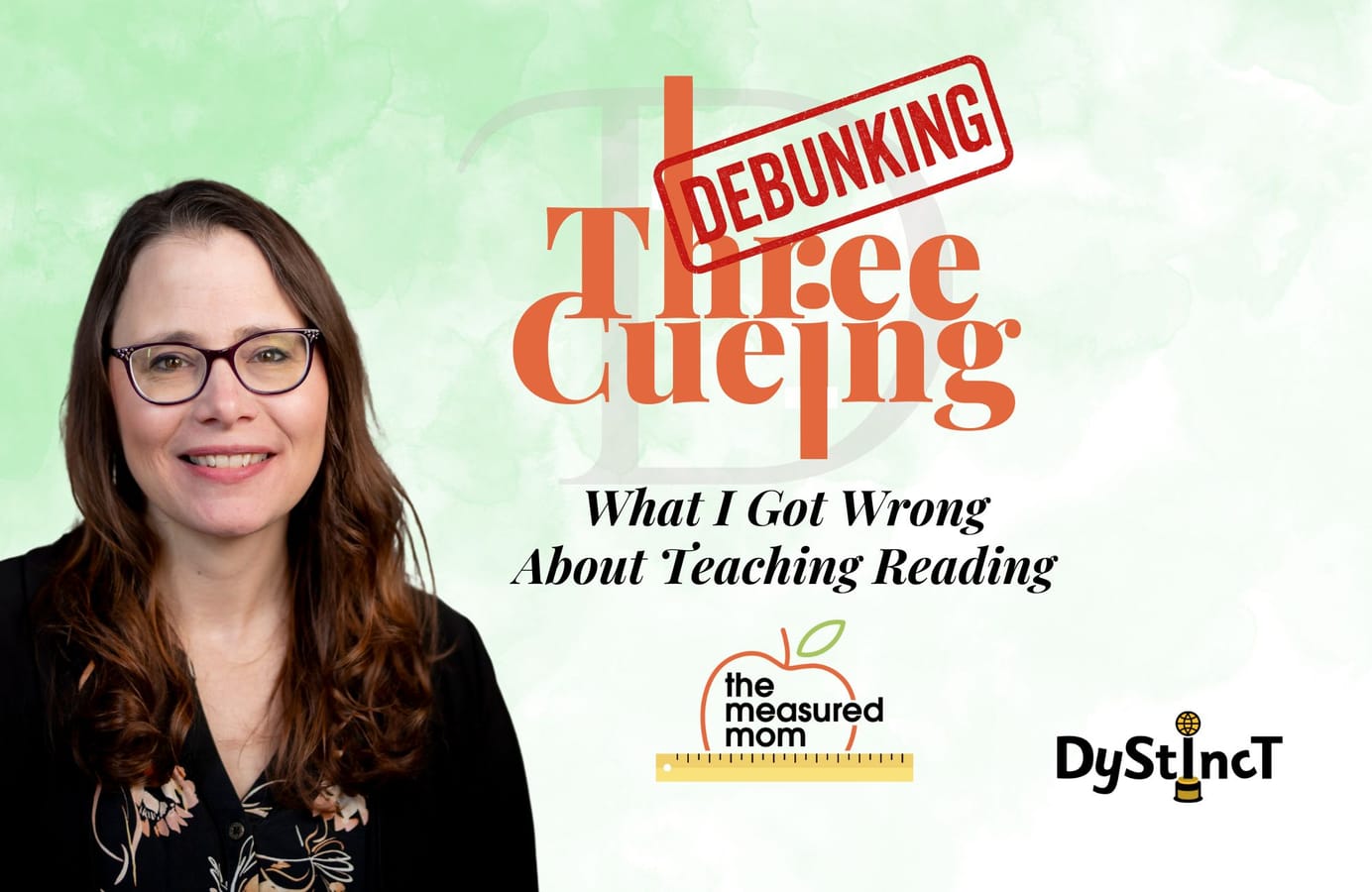
Issue 26: Debunking Three-Cueing: What I Got Wrong About Teaching Reading | Anna Geiger | The Measured Mom Paid Members Public
Anna Geiger, the founder of The Measured Mom, reflects on how she once relied on the widely accepted but flawed three-cueing model to teach reading until she discovered it was not grounded in research. She shares the evidence that debunks three-cueing and offers practical guidance.
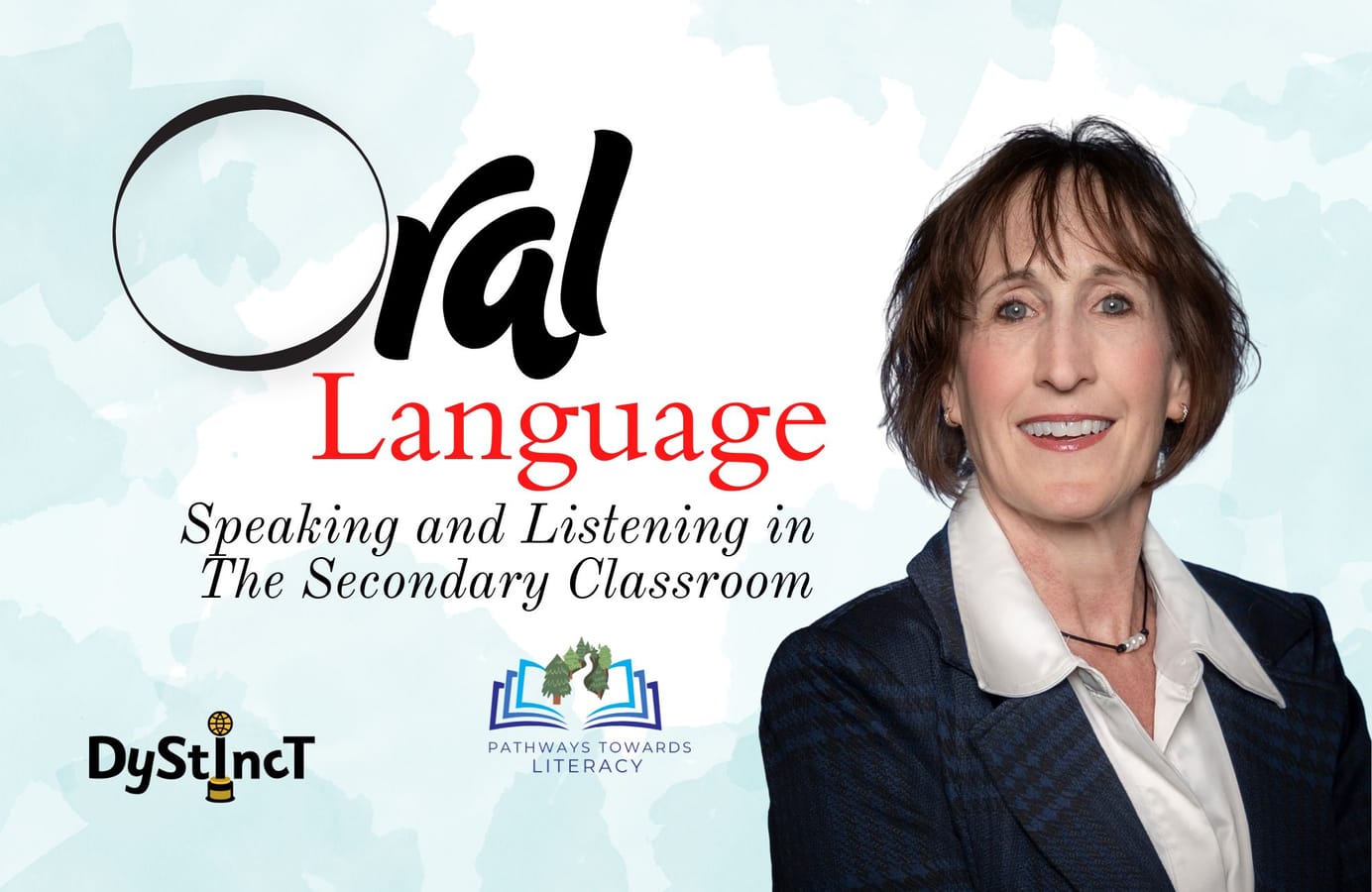
Issue 26: Oral Language: Speaking and Listening in The Secondary Classroom | Jeanne Schopf | Pathways Towards Literacy Paid Members Public
Jeanne Schopf shares insights adapted from her upcoming book, The Science of Secondary Literacy: Research to Practice from the Voices of the Field (scheduled for release in Spring 2026), emphasising the powerful role of structured, student-led discussions in strengthening literacy development.
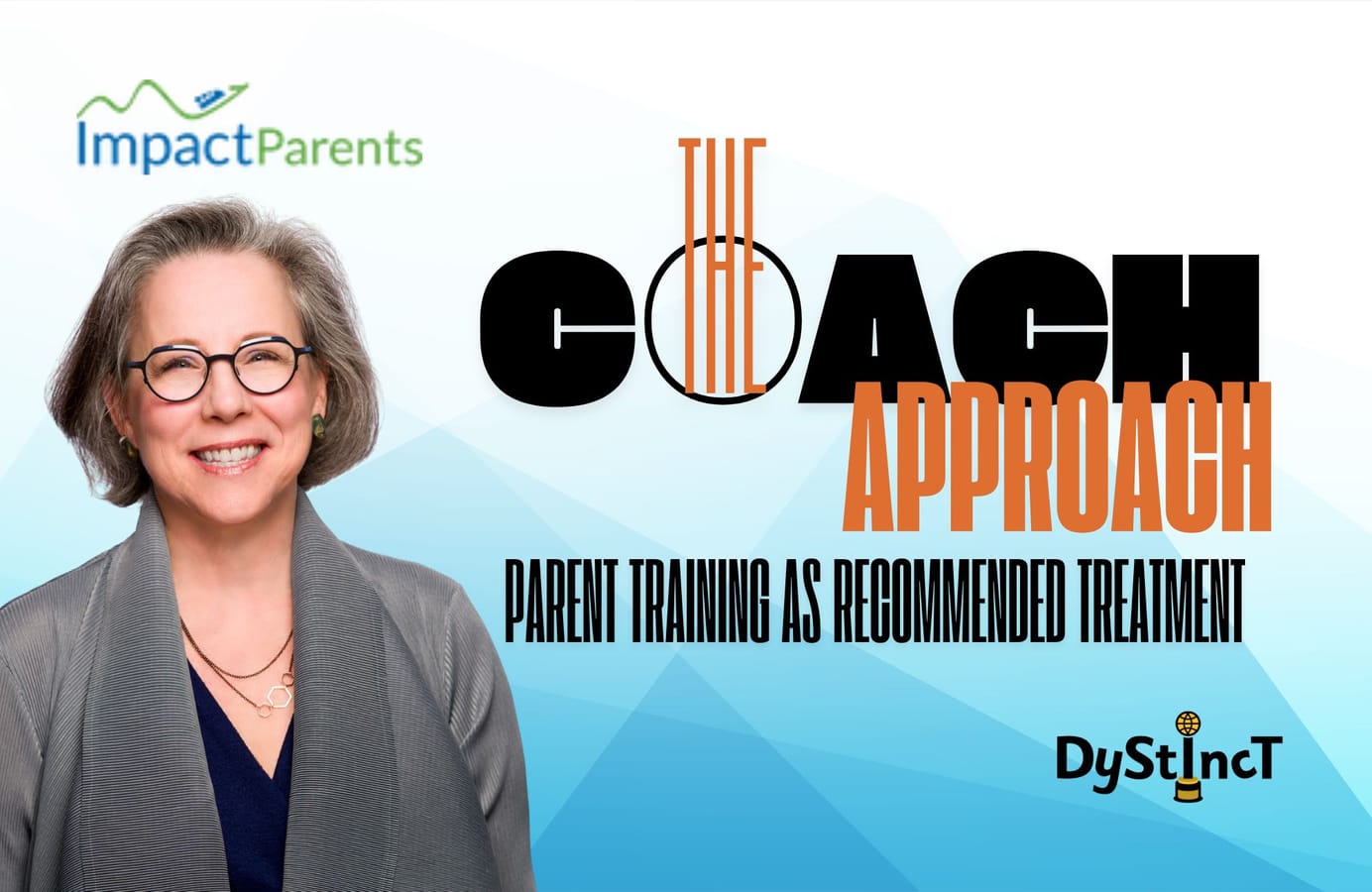
Issue 25: The Coach Approach: Parent Training as Recommended Treatment | Elaine Taylor-Klaus Paid Members Public
Elaine highlights the transformative power of parent training and coaching as a core strategy for supporting neurodiverse children, emphasizing an approach that equips parents with skills to understand and support their children effectively.
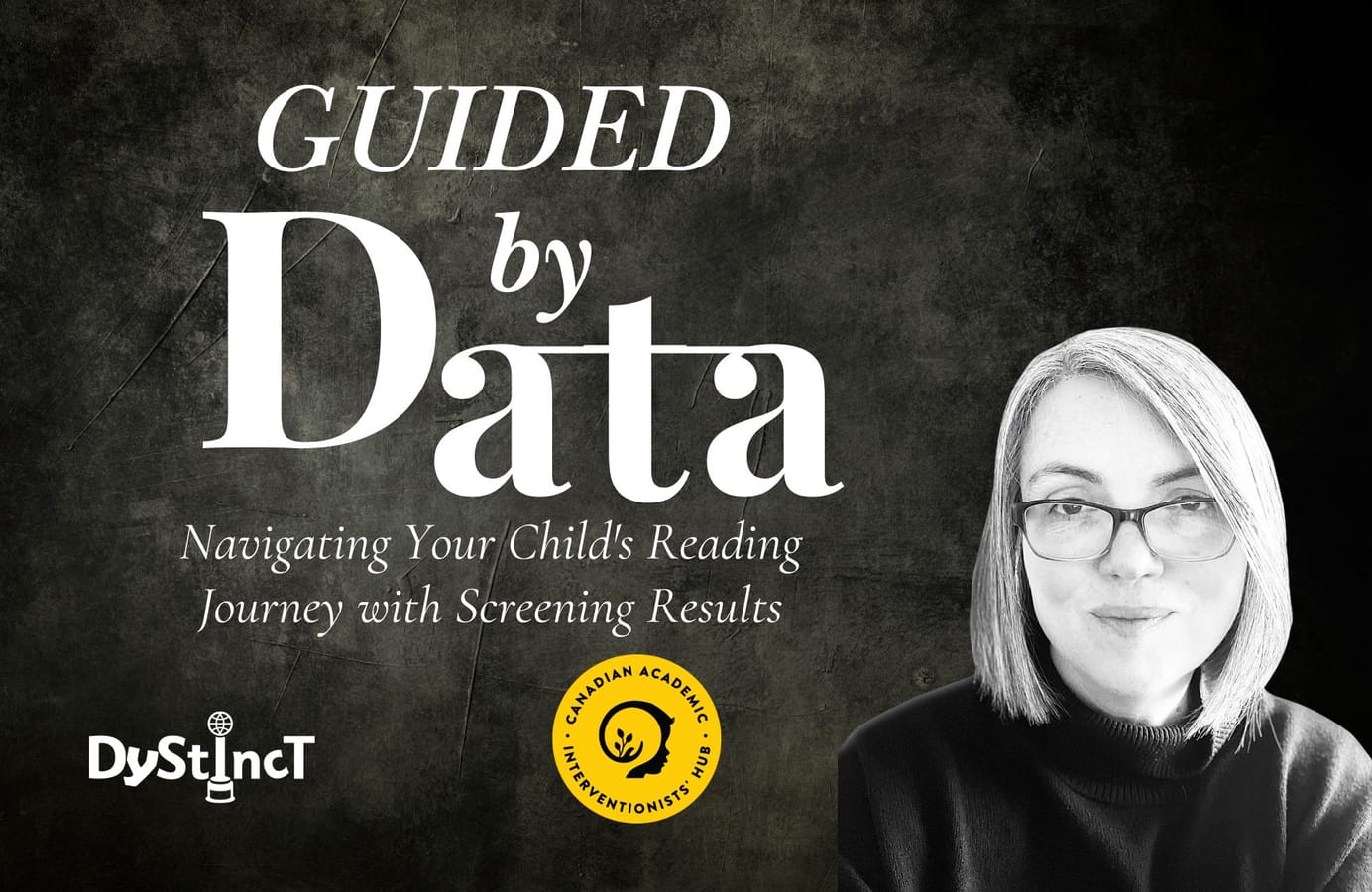
Issue 25: Guided by Data: Navigating Your Child's Reading Journey with Screening Results | Nicola Lott Paid Members Public
Nicola Lott highlights the critical role of screening assessments in identifying children at risk of reading difficulties, empowering parents and educators to work together in providing targeted support, monitoring progress, and ensuring every child can thrive in their literacy journey.
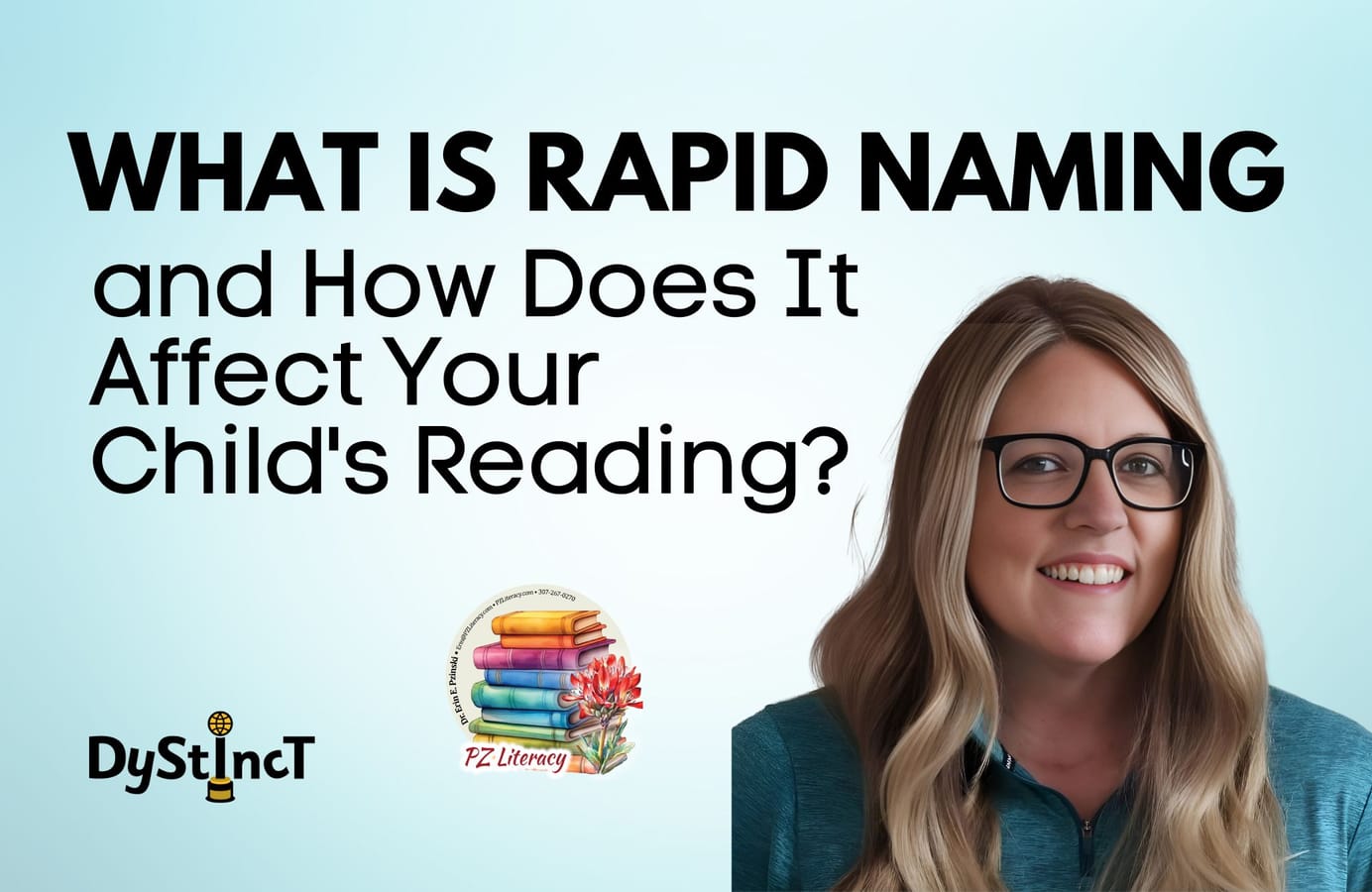
Issue 25: What Is Rapid Naming and How Does It Affect Your Child's Reading? Dr. Erin Pzinski Paid Members Public
Dr. Erin Pzinski explains the critical role of rapid naming in reading development, highlighting its connection to dyslexia, its use as an early indicator of reading challenges, and the importance of targeted, evidence-based interventions.


